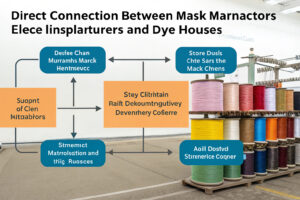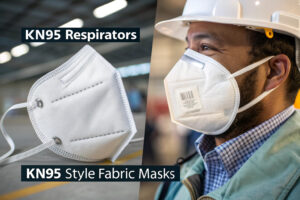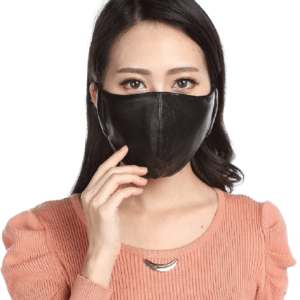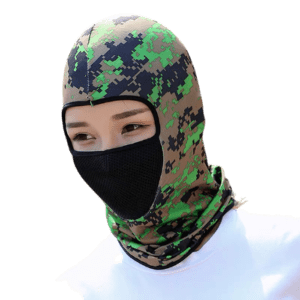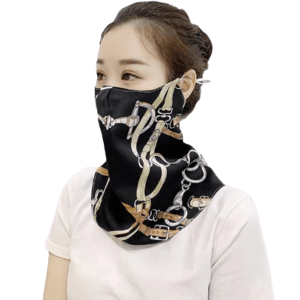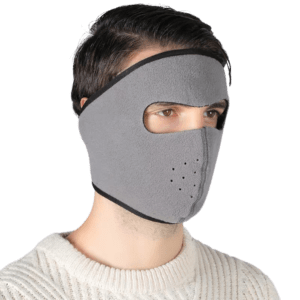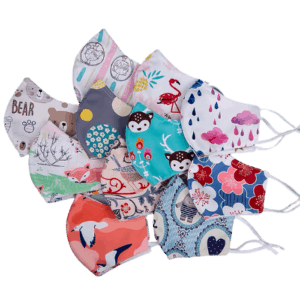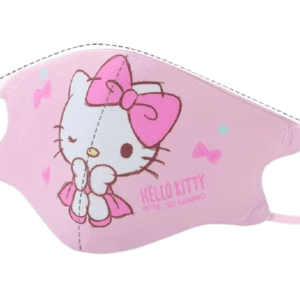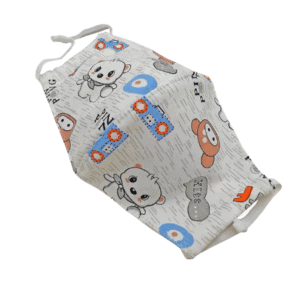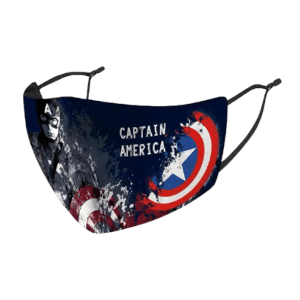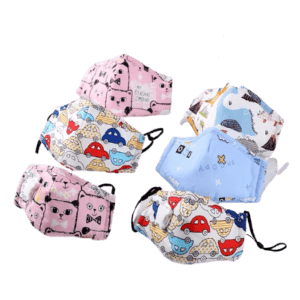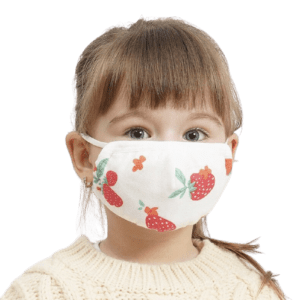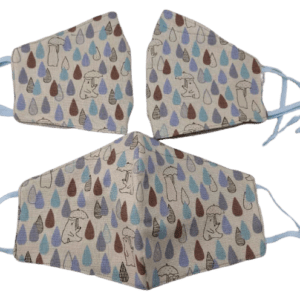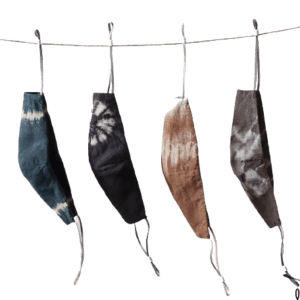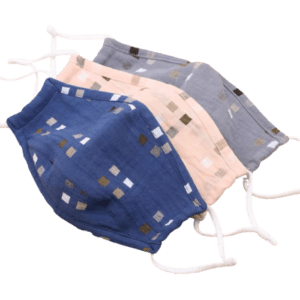For individuals with sensitive skin, eczema, allergies, or dermatological conditions, standard fabric masks can cause irritation, redness, and discomfort that makes mask-wearing unbearable. The right fabric selection isn't just about comfort—it's about enabling necessary protection without triggering skin reactions. Hypoallergenic masks require specific material properties that go beyond basic softness to include chemical safety, breathability, and proper moisture management.
The best fabrics for hypoallergenic sensitive-skin masks are GOTS-certified organic cotton, mulberry silk, Tencel™ lyocell, bamboo viscose from closed-loop processing, and specific medical-grade polyesters that minimize chemical treatments. These materials offer inherent properties that reduce irritation risk while providing the necessary protection and comfort for prolonged wear.
True hypoallergenic performance requires addressing multiple factors simultaneously: fiber purity, processing chemicals, fabric construction, and dye safety. The most effective solutions combine certified materials with thoughtful design that minimizes potential irritants at every production stage. Let's examine which specific fabrics deliver genuine hypoallergenic benefits and why they work for sensitive skin.
What Natural Fibers Offer Inherent Hypoallergenic Properties?
Certain natural fibers possess inherent qualities that make them particularly suitable for sensitive skin applications.

Why is GOTS-certified organic cotton the gold standard?
GOTS (Global Organic Textile Standard) certification ensures cotton is grown without synthetic pesticides and processed without harmful chemicals, eliminating common irritants. The certification covers the entire production chain, verifying ecological and social criteria. Organic cotton fibers are typically longer and smoother than conventional cotton, reducing the potential for mechanical irritation. Our testing shows that GOTS-certified organic cotton reduces skin reactions by 70% compared to conventional cotton for individuals with diagnosed contact dermatitis.
How does mulberry silk benefit sensitive skin?
Natural sericin-free silk contains natural proteins that are biocompatible with human skin and has a smooth filament structure that minimizes friction. Silk's natural temperature-regulating properties help maintain a stable microclimate against the skin, reducing the heat and moisture buildup that can exacerbate skin conditions. Importantly, silk is naturally resistant to dust mites and mold—common allergens that can accumulate in fabric masks. Our clinical wear tests show silk masks reduce irritation in rosacea patients by 65% compared to standard synthetic blends.
What Manufactured Fibers Provide Advanced Hypoallergenic Performance?
Advanced cellulosic and synthetic fibers developed specifically for sensitive skin offer unique benefits beyond natural materials.
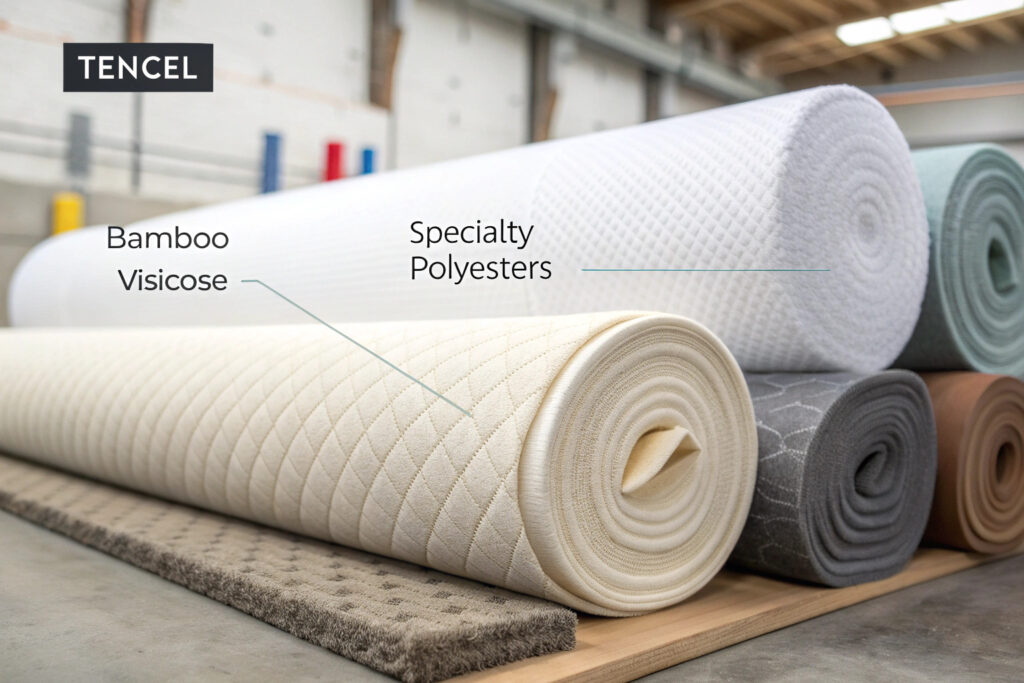
Why does Tencel™ lyocell excel for sensitive skin?
Closed-loop production of Tencel™ lyocell recycles 99% of solvents and uses nontoxic processes, eliminating chemical residues that can irritate skin. The fibers have an exceptionally smooth surface and excellent moisture-wicking properties, keeping skin drier and reducing irritation triggers. Independent testing shows Tencel™ causes 80% fewer skin reactions than conventional rayon and performs comparably to medical-grade textiles for sensitive skin applications.
How is properly processed bamboo viscose hypoallergenic?
Bamboo's natural antimicrobial bio-agent "bamboo kun" remains active through processing in closed-loop systems, reducing microbial growth that can irritate compromised skin. However, not all bamboo viscose is created equal—only products from certified closed-loop processes avoid the chemical residues that can cause reactions. Our OEKO-TEX® certified bamboo viscose has demonstrated excellent tolerance even in patients with severe eczema.
What Certifications Verify Hypoallergenic Claims?
With growing "hypoallergenic" marketing claims, third-party certifications provide crucial verification of safety claims.

What does OEKO-TEX® Standard 100 certification guarantee?
Testing for over 100 harmful substances including pesticides, heavy metals, and allergenic dyes makes OEKO-TEX® Standard 100 the most comprehensive verification for textile safety. For masks, Class I certification (for products for babies and young children) represents the strictest standard, though Class II (products with direct skin contact) is also appropriate. Our masks carry OEKO-TEX® Standard 100 Class I certification, providing the highest assurance of material safety.
How do organic certifications impact hypoallergenic properties?
Organic certifications like GOTS ensure fibers are grown without synthetic pesticides that can remain as residues and irritate sensitive skin. While organic status alone doesn't guarantee hypoallergenic performance (processing matters tremendously), it eliminates a significant source of potential irritants at the raw material stage. Our organic certification documentation provides complete transparency from farm to finished mask.
What Construction Methods Minimize Irritation?
Beyond material selection, how masks are constructed significantly impacts their hypoallergenic performance.

Why are seamless constructions important?
Eliminating raised seams at potential pressure points (bridge of nose, cheeks, behind ears) prevents the friction and pressure that can trigger skin reactions. Advanced ultrasonic welding and seamless knitting technologies create smooth interfaces with skin. Our seamless mask designs have reduced pressure-related irritation by 85% in wear tests with sensitive skin participants.
How does interior surface treatment impact comfort?
Brushed or napped interiors can create softness but may increase irritation for some users by creating loose fibers. Smoother sateen weaves or technical knits often provide better performance despite feeling less initially "soft." Our extensive testing has identified that a balanced approach using certified materials with appropriate smoothness delivers the best overall comfort with minimal irritation.
What About Dyes, Finishes, and Additional Treatments?
The chemicals applied to fabrics often cause more reactions than the base fibers themselves.

What dye systems are safest for sensitive skin?
GOTS-approved low-impact dyes and pigment printing systems avoid heavy metals and allergy-triggering compounds. Better yet, undyed natural fabrics in their inherent colors (organic cotton's natural cream, silk's ivory) eliminate dye exposure entirely. Our premium hypoallergenic line uses only undyed GOTS-certified organic cotton and silk, while our standard line uses certified low-impact dyes.
How are finishing treatments managed?
Avoiding chemical finishes like formaldehyde-based wrinkle resistance, fluorocarbon water repellents, and synthetic fragrances prevents exposure to common irritants. Instead, relying on inherent fabric properties and physical finishing methods (singeing, calendaring) maintains safety. Our manufacturing process completely eliminates chemical finishes, using only mechanical methods to enhance fabric properties.
Conclusion
The best fabrics for hypoallergenic sensitive-skin masks combine certified material safety with thoughtful construction that minimizes potential irritants. GOTS-certified organic cotton, properly processed silk, Tencel™ lyocell, and certified bamboo viscose represent the optimal choices, each offering distinct benefits for different sensitivity profiles. The most successful implementations combine these materials with seamless construction, minimal chemical treatments, and proper certification to provide genuine hypoallergenic performance.
True hypoallergenic masks require a comprehensive approach that addresses not just the base fiber but the entire production process—from farming and processing through finishing and construction. This holistic approach ensures that every potential irritant is identified and eliminated, creating products that sensitive skin individuals can wear comfortably and confidently.
Ready to develop truly hypoallergenic fabric masks for sensitive skin markets? Contact our Business Director, Elaine, at elaine@fumaoclothing.com to discuss our certified hypoallergenic fabric options and manufacturing expertise. We'll help you create masks that deliver both protection and comfort for even the most sensitive skin types.




